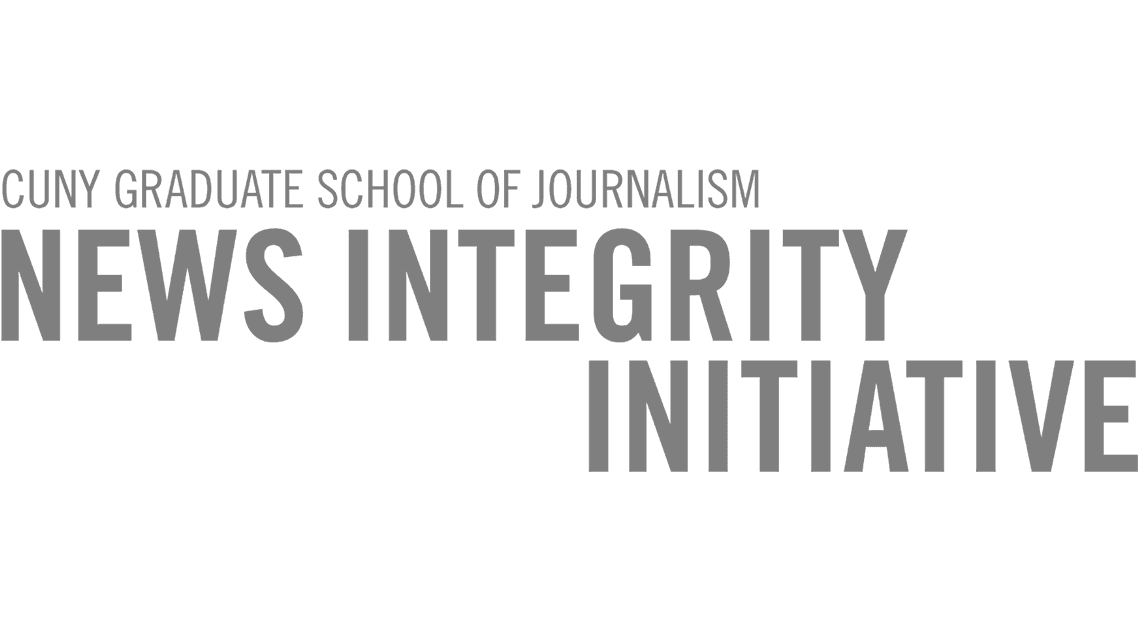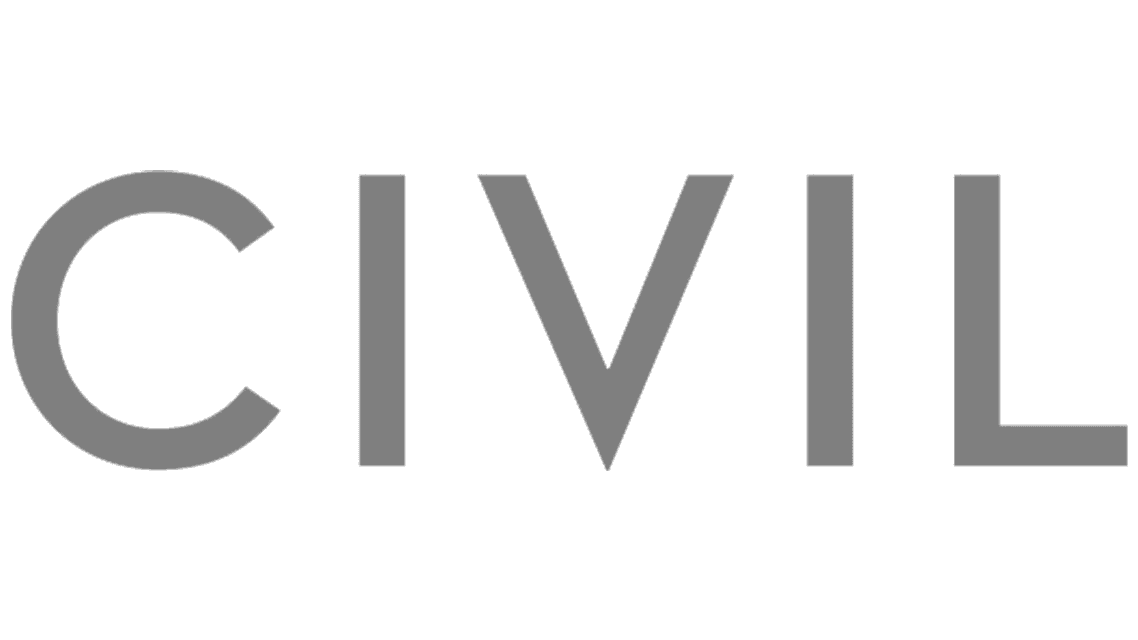
Case study
How Zetland made a podcast and audio player for and with its members
In a nutshell
In 2016, Zetland asked its members what they wanted the organisation to do differently – they said audio. Zetland started off by producing one audio story a week, and since then it has built an app for audio, invested more resources in a recording studio, and now publishes audio versions of every written story, as well as podcasts.
Background
- When Zetland first launched in 2012, its model involved publishing longform stories called ‘singles’ (available through a subscription) and hosting live journalism events.
- In 2016 the team raised money through a crowdfunding campaign and additional investments to relaunch Zetland as a membership publication (with input from the original subscribers). The goal was to do expand to other formats alongside the in-depth reporting, including daily stories and data journalism, thus reaching more people.
- Zetland currently has more than 20 employees and more than 10,000 members paying 129 DKK (€17) a month, or 99 DKK (€13) a month if you commit to 12 months up front.
- Members regularly contribute to Zetland’s reporting. Prior to publication, journalists put out calls for knowledge or expertise relevant to a topic they are planning to cover, and these calls for contributions or debate are also done during the reporting process or after an article has been published.
How did they do it?
- When members said they wanted Zetland to do audio back in 2016, the demand was consistent and resonated with thoughts staff members were having that maybe their stories would lend themselves to an audio format, so the team took the request seriously.
- However, Zetland wanted to test whether an audio product would cater only to the die-hard podcast and audio fans among their members, so they decided to run a beta experiment before investing a lot of time and resources into it.
- Three developers and one of the co-founders used some time alongside their other tasks to build an audio player and to set up a makeshift studio in the newsroom. Initially, Zetland produced one audio story a week, which took the journalist who had written it a couple of hours to record and edit before publication.
- Since launching the pilot in winter of 2016, the team gradually did more audio until the summer of 2017, when they decided to make audio an integral part of Zetland based on the popularity of the format during the testing phase.
- Each article published on the Zetland website has an accompanying audio version, and the team has also expanded into other audio formats, such as a daily news podcast called Helikopter (Helikopter is also the name of Zetland’s daily newsletter).
- The format of the Helikopter podcast, which features guest interviewees and music, was also decided with the help of Zetland members, who signed up to a feedback group to help the team figure out what stories should be told and in what tone
What did they learn?
- Members now listen to (and read) Zetland through a dedicated app. Initially, the majority of people (95%) still read Zetland and only a small percentage listened to the stories, but now the split between audio and text consumption is equal.
- The team has also observed that members tend to listen longer than they read, almost always finishing the audio stories.
- Engaging with members through audio in the same way that people contribute to Zetland for the written stories has been challenging, so the team is looking at ways to crowdsource members’ knowledge and make them feel included in production.
- Based on what members have said, Zetland has also learned that what might seem like a perfectly crafted audio product to staff, with music and fine editing, might not necessarily be what people want. Often people care about the story being told in a simple way, not necessarily about music and other elements.
- The success of the podcast and audio product has encouraged Zetland’s journalists to explore audio more, and how it can work for different topics. For example, they are currently doing a podcast series about parenting in the modern times, where the host answers questions from members about the topic by interviewing experts.
In their own words
Hakon Mosbech, co-founder, Zetland
“It has been extremely valuable to take input from members seriously. It's not certain we would have done this without their input.
Letting writers read out their own stories can help establish a deeper connection with members – it may not always be smooth, professional, audiobook quality, but it has a personal level engagement and voice that makes our journalists more human and whole for the members.”
How would you improve it?
“We would maybe put even more resources into the speaking quality from the beginning, and try to be better at telling the outside world about our audio side.”
Now try it for yourself
- The Guardian’s monthly We Need to Talk About podcast looks to amplify supporters' voices and regularly features their reflections on the big news stories. At the moment, they want to hear about people’s views on the high street.
- The BBC’s longstanding Ouch: Disability Talk podcast features its listeners from time to time and focuses on topics that are important to people with disabilities, including how to choose a place to live, and writing a sitcom about living with disability.
- The Center for Investigative Reporting developed Amplify, an SMS tool to interact with the listeners of their Reveal podcast in real-time. As they were listening, people received additional information such as charts, pictures or videos relevant to that particular episode, and they were also encouraged to text back questions or feedback.
Please make a contribution today
Your support will help us continue providing the kinds of opportunities journalists tell us they rely on
Would you like to have a direct conversation about making a donation? Please get in touch.



